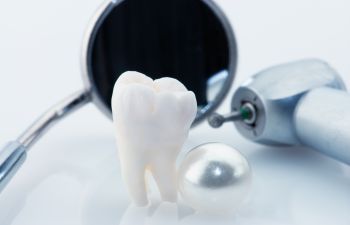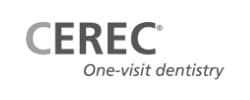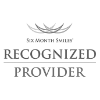It goes without saying that when it comes to oral health your dentist will tell you about the importance of brushing and flossing. There is however a third step that often gets left out and we are here to tell you that there is a real reason to rinse with a mouthwash on a daily basis. So before you read this article dust off that bottle of mouthwash underneath the sink and put it front and center on your bathroom counter and consider it the final step in your daily dental care routine because if you suffer from dental dilemmas mouthwash may just keep you out of the dentist chair more often.
The most commonly suggested mouthwash by dentists is an antibacterial wash – also known as antimicrobial or antiseptic. This type of mouthwash is best to be used directly after brushing as this has been proven to help reduce plaque and gingivitis. If you are prone to cavities from tooth decay and plaque buildup antibacterial mouthwash can really help. Please note, antibacterial mouthwashes as well as washes that are alcohol-based kill good and bad bacteria that are found in the mouth. These types of mouthwashes should not be used more than twice a day to prevent killing off all the good bacteria that your mouth needs to thrive.
If you have strong teeth and don’t really have problems with tooth decay than a fluoride based mouthwash may better suit your needs. Fluoride in mouthwash will go into the teeth, helping teeth to rebuild. It has been known to help repair early stages of tooth decay and can keep spots from getting larger and prevent them from going deeper into the tooth.
Some mouthwashes are designed to freshen breath and contain menthol, zinc even chlorine which helps to neutralize unpleasant breath. There are special mouthwashes especially for people who suffer from dry mouth to help combat what can become a serious oral dilemma.
When you rinse with a mouthwash be sure to do it after brushing and flossing and not in lieu of those two important steps. It may seem simple to swish and spit rather than doing the whole brushing process, but brushing and flossing will always remain the most important steps in oral home health care. If you have questions about mouthwash just ask Dr. Porcaro at your next checkup for which type would be best suited for your dental needs.














